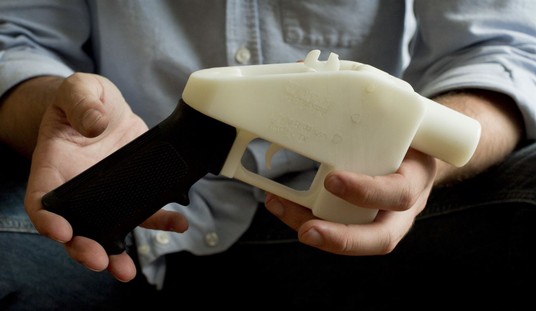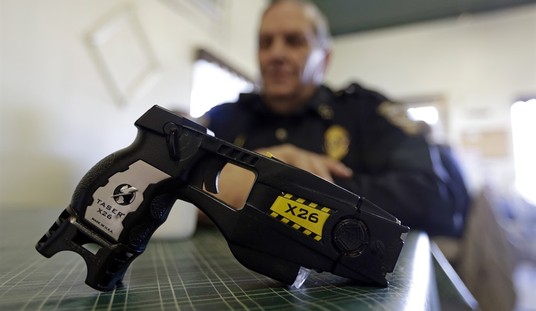As part of the debate on guns, we routinely point out that gun laws don’t work. We’ve provided a pile of anecdotal data along those lines through the years, as has everyone else remotely connected to the pro-gun side. Others have provided actual data illustrating this point.
However, anti-gunners in the media routinely present only one side of things. Up to and including blaming other states for their states’ criminal problems.
ONE REGULAR REFRAIN of gun-rights extremists is that tough gun laws do little or nothing to curb gun crimes, because criminals don’t obey them.
That thinking is as simplistic (and long-lived) as the old bumper sticker that proclaimed, “When guns are outlawed, only outlaws will have guns.”
Actually, a recent study by the Boston University School of Public Health confirmed what everyone should know by now: Tough gun laws work. That study concluded that waiting periods before a gun purchase, the requirement of a permit to buy a gun, forbidding gun purchases by people with violent misdemeanors on their record, and seizing guns from those convicted of such misdemeanors could result in a cumulative decrease in gun crime of almost 14 percent.
I’m going to break in and say that I refute the findings of that study. While it found that guns flow in from other states, it doesn’t actually show that tough gun laws work. It merely cited the easiest ways for criminals to get guns currently. It doesn’t mean that every state adopting tough gun laws will stop bad people from getting guns. That’s kind of our point.
Anyway, back to the Boston Globe‘s fretting:
Still, outmoded thinking and false claims by gun rights advocates persist. One regular conservative retort to calls for tougher gun laws is a five-word refrain: How’s that working in Chicago?
Actually, when it comes to gun crime in Chicago, the focus should be less on the Windy City’s gun laws than on those of nearby states. Almost 60 percent of guns used in crimes in Chicago come from places with weak guns laws, Indiana, Wisconsin, and Mississippi prominent among them.
In other words, Chicago’s not responsible for its problems, Indiana is.
Then I ask, explain London to me, if you will?
England is an island, so there’s no easy access to other localities with loose gun laws. Most visitors have to go through a select number of entry points, all requiring tight security that should make it difficult to bring guns into the country. The limited road access points come from countries that also have strict gun control laws.
In other words, it should be difficult to get guns into the country where they’ve been essentially banned for years.
If tough gun laws work so well, why is London having such a difficult time with gun crime? Why are they having such a difficult time with violent crime in general that they even banned carrying pocket knives?
Calls to place the blame on other states are nothing more than geographic narcissism. It’s not their fault they have crime; it’s the fault of other states with ready access to guns, but far fewer crimes, another flaw in the Boston College study’s argument.
Crime is motivated by many factors, factors which seem to exist more in places like Chicago and other large urban centers. Population density, economic disparity, education, or any number of other factors may contribute far more to violence in these cities than any access to firearms. That’s the only rational explanation I can think of as to why access to guns doesn’t turn Indiana, Texas, or Georgia into war zones like Chicago.
Not that we can expect an editorial out of Boston to comprehend that simple fact.








Join the conversation as a VIP Member